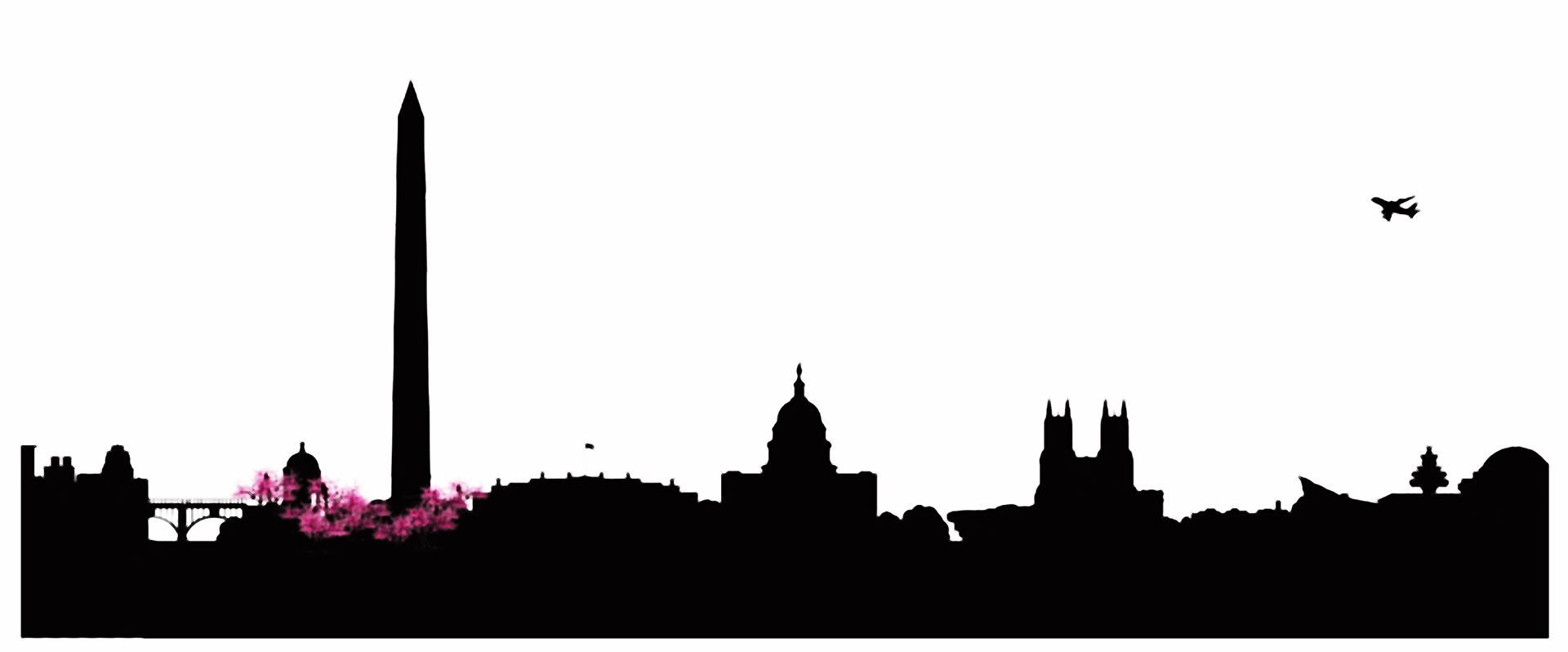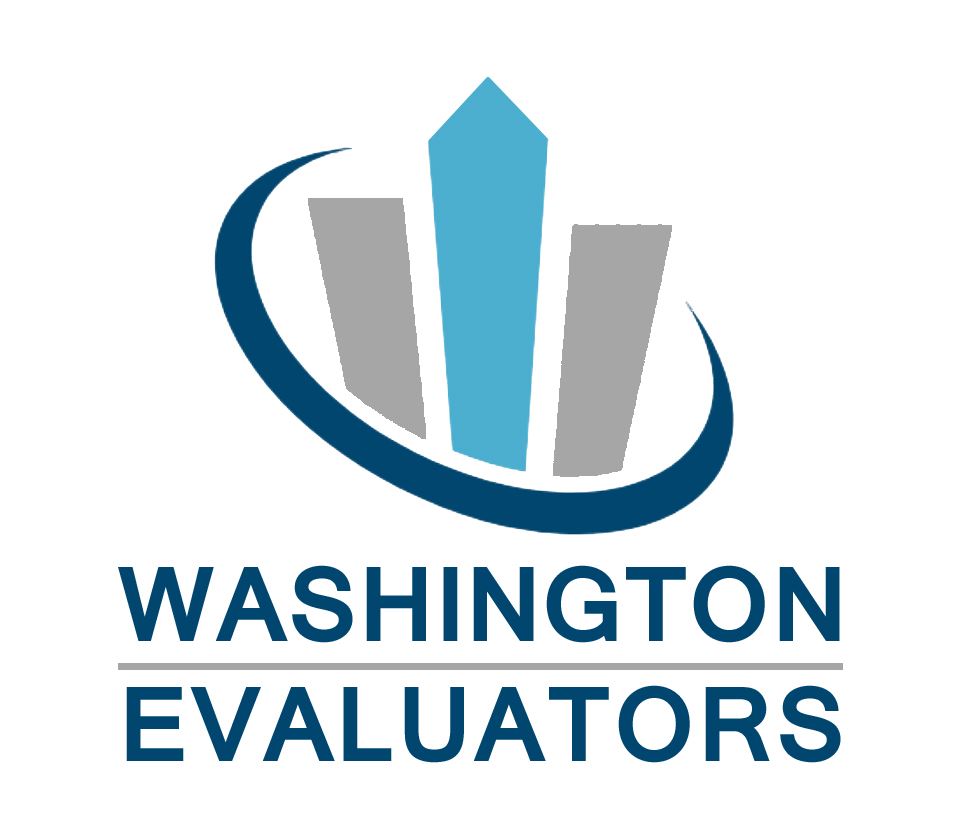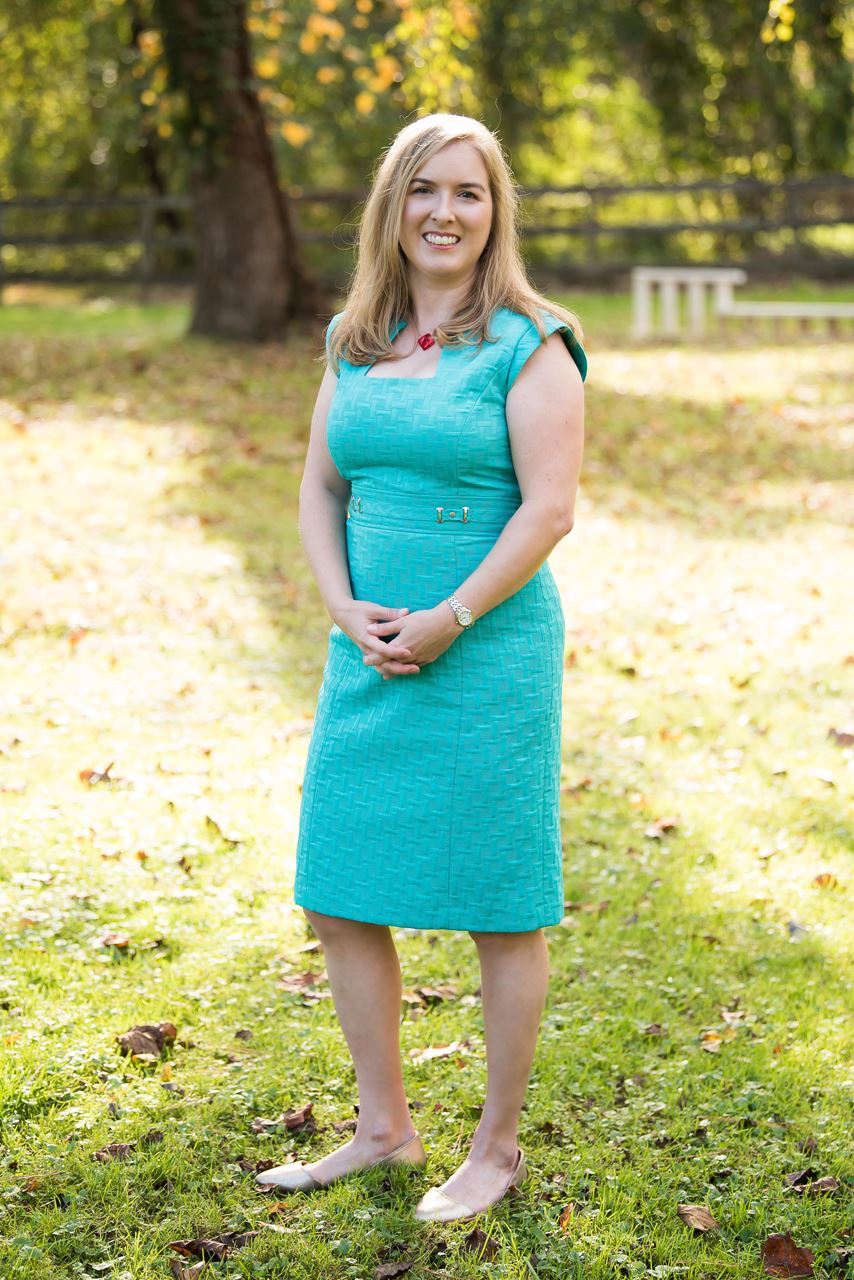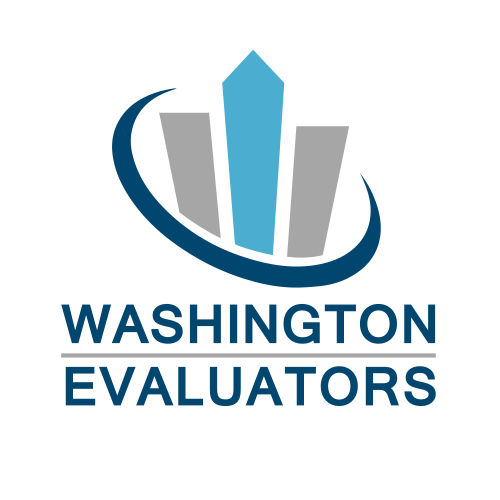|
|
| The membership of Washington Evaluators is as diverse as the the industries in which they serve. In celebration, WE has launched a Membership Spotlight campaign to share the professional and personal journeys of our members, learn from each other's experiences and inspire young and/or transitioning specialists. Today's feature shares the story of a member who participated in our 2019 Evaluation Without Borders (EWB) program. EWB aims to match evaluators with community-based organizations and nonprofits seeking program planning, measurement, and evaluation services. If you know a CBO or non-profit interested in participating in the 2020 cycle, please note that applications are due Friday, April 17, 2020. Please join us in celebrating Stacey S. Merola, Ph.D... |
|
| Stacey S. Merola, Ph.D. President & Principal Scientist, Merola Research LLC |

Stacey was an Evaluator Without Borders for the Community Education Group (CEG) in 2019. As a non-profit, CEG is committed to stopping the spread of infectious diseases through the development and implementation of creative, viable, culturally appropriate programs and that reflect the needs and concerns of the communities most affected and infected—the communities they are designed to help. The project's Scope of Work focused on the analysis of survey data and subsequent publication in a report. More specifically, a total of 511 surveys had been collected in the fall of 2018 during the United States Conference on AIDS and Harm Reduction Conference in Orlando, FL, and New Orleans, LA respectively. The surveys collected responses to mobilize communities impacted by HIV/AIDS, Hepatitis C, barriers to medical care, and reproductive health for transmen and transwomen. The information garnered, helped to identify priorities to be delivered at the state and county level within three categories: access, advocacy, and policy. Today, we ask Stacey about her EWB experience, life as an evaluator, and more: ----------
|
If you would like to nominate a member to be spotlighted, please send their name, email, and a brief statement of support to communications@washingtonevaluators.org. |
Washington Evaluators (WE) is 501(c)(3) organization and a local affiliate of the American Evaluation Association (AEA). Founded in 1984, Washington Evaluators is one of the oldest Voluntary Organizations for Professional Evaluation (VOPE) in the United States. Washington Evaluators supports the growth of the evaluation community and profession in the DC-area by promoting individual development of evaluation expertise, knowledge sharing, and collaboration. Washington Evaluators serves members by facilitating professional development events, networking, social interactions, as well as publication of upcoming evaluation events and opportunities in the region. The more 300 Washington Evaluators' members come from a diverse mix of federal, state, and local government agencies, universities and educational settings, corporate businesses and independent consulting firms, and nonprofit associations. |







